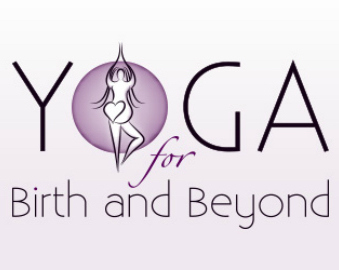Are you experiencing restless sleep whilst pregnant?
You’re not alone!
Did you know that around 78% of pregnant women reported restless sleep in a study by the National Sleep Foundation!
It can be frustrating and debilitating to have broken sleep each night, especially when you know that you’ll need your energy to not only birth your baby but to also care for your little one after that! So let’s explore common symptoms and what you can do to optimise getting the best possible rest.
You may have some (or even all of these):
- Frequent urination
- Restless legs and cramps
- Apnea – interrupted breathing and snoring
- Reflux/heartburn – softening of oesophagus food comes back up, pressure of uterus in late pregnancy creating less space (hormonal changes)\
So what can you do?

Here are 10 tips that might help:
- GET AS COMFORTABLE AS YOU CAN – Use lots of pillows (pregnancy pillows are great), after 20 weeks sleep on your side, favour your left side in last trimester, use a wedge-shaped pillow under your belly. Aim to have your top hip and knee at the same level – this lessens the pull on your sacro-iliac joint.
- DO SOME GENTLE YOGA – and stretching before bed, particularly of legs (calves)/hips and shoulders (you can find a video here) followed by:
- BREATHING and MEDITATION practice – use a recorded relaxation or meditation if that helps you more. In prenatal yoga we do Ujjayi breath or rhythmic, soft breathing (use it too if you wake in the night) Ujjiya breath is included in the video
- EXERCISE REGULARLY – preferably in the morning or at least not vigorous movements in the evening (yoga is fine)
- CREATE A CALM, CLEAN AND TIDY ENVIRONMENT to sleep in – lovely fresh sheets, fresh air (if it’s not too cold!), completely dark to help the production of melatonin, maybe some flowers or aromatherapy such as lavender on a tissue or as cream
- CREATE A ROUTINE! – Just like you might for a child – bath/shower/reading a favourite book (avoid screen time for at least an hour before bed)
- RELAX IN A BATH – check with your doctor/midwife about using Epsom salts and /or magnesium cream on your legs after the bath (adding a few drops of lavender helps relaxation) Create an atmosphere with candles and play soothing music
- HAVE A RECORDED MEDITATION OR RELAXATION BY YOUR BED – on a device with Wi-Fi off so that if or when you wake during the night you can listen to it before you become fully awake and have to wait for the whole next sleep cycle to begin!
- WRITE IN YOUR DIARY – put down any worries, or things you might think about doing tomorrow, write things you’re grateful for, let go of anything that concerns you just for now
- NAP IN THE DAY – whilst this is not usually recommended for sleep problems in non-pregnant women, it can significantly make up for lost sleep and allow that deep rest your body needs as it is working hard growing your baby. If you find it hard to nap listen to a guided relaxation. Avoid napping in late afternoon though or too close to bedtime as this may prevent you from sleeping at night.

Above all be kind to yourself if you are awake in the night, talk to yourself in a soothing way and be accepting of things just as they are. You might breathe in love to your heart and to your baby. (to get the flow of oxytocin to you both) I love the Prayer of Serenity:
Grant me the Serenity to accept the things I cannot change
The Courage to change the things I can
And the Wisdom to know the difference
It’s a good one for labour and birth too!

